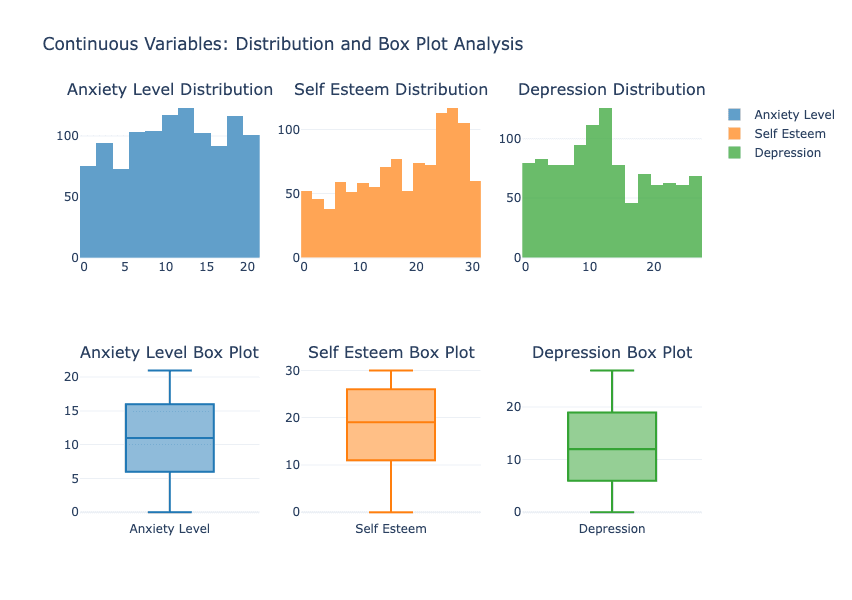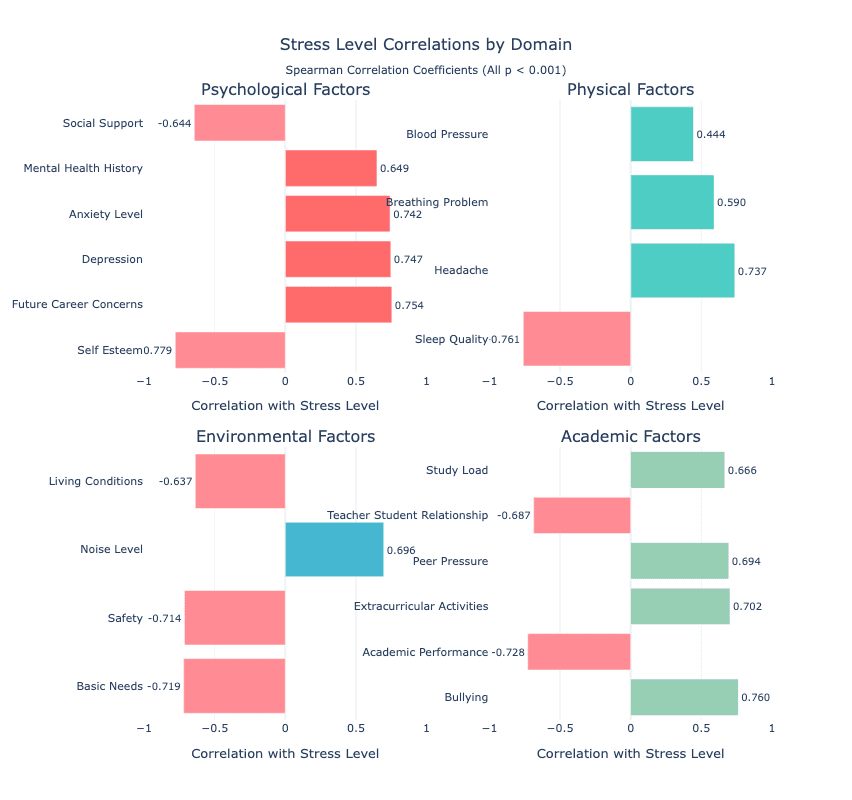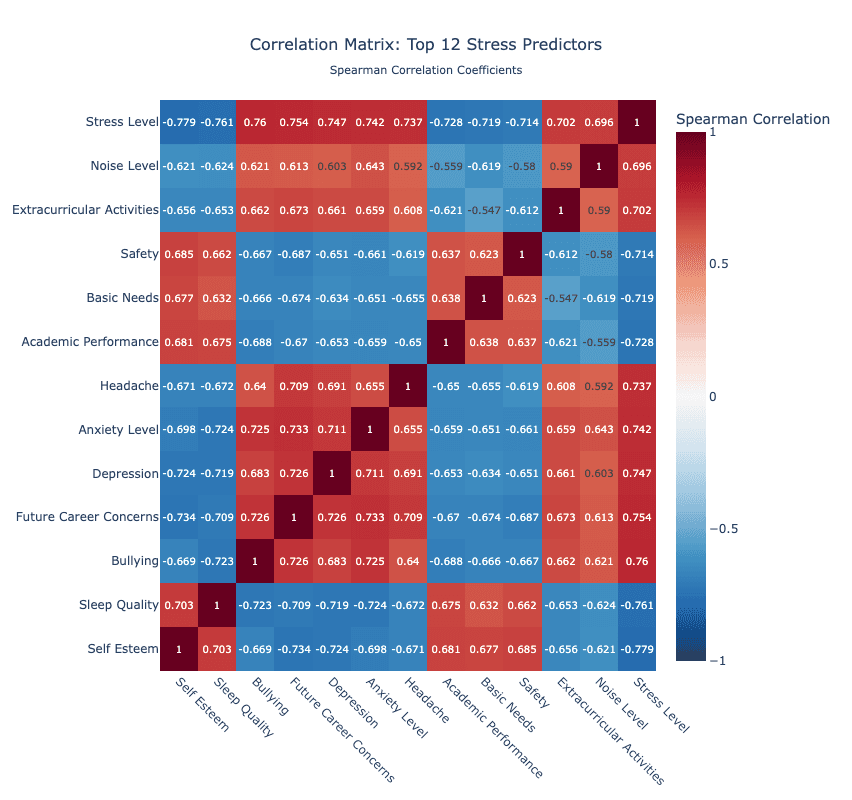Every semester, educators, counselors, and administrators face the same question: how are students really doing? Grades only tell part of the story. Behind academic performance, there’s often an invisible layer of psychological strain, anxiety, burnout, or social pressure.
The challenge isn’t that the data doesn’t exist—it’s that it’s hard to analyze meaningfully. That’s where Bayeslab enters the conversation.

(The image is automatically generated by Bayeslab based on data. )
From Surveys to Insights: Making Sense of Complex Emotions
Schools and universities frequently run mental health surveys, stress self-assessments, or wellness check-ins. These tools collect valuable information—on sleep patterns, workload, emotional triggers, social connectedness—but analyzing them across thousands of students is time-consuming and inconsistent.
Bayeslab helps research teams and administrators turn raw, unstructured responses into structured, interpretable findings—without writing code.
Just Type a Question: Natural Language, Real Analytics
With Bayeslab, researchers and student services staff can ask questions directly in natural language:
· “What are the most common stress factors among first-year students by major?”
· “Compare stress scores before and after midterms by gender.”
· “Cluster students based on their stress profiles and sleep habits.”

(The image is automatically generated by Bayeslab based on data. )
The platform automatically handles data transformation and statistical analysis—and returns visual summaries, correlations, and group breakdowns ready to interpret or present.
Patterns Behind the Stress: Visualized and Explained
It’s one thing to run a regression or calculate correlations—it’s another to explain those findings to a school board or wellness committee.
Bayeslab generates clear visualizations: heatmaps of high-stress clusters, line charts showing changes over time, and category comparisons across dorms, departments, or demographics. These are automatically included in exportable reports, helping teams make the case for change.

(The image is automatically generated by Bayeslab based on data. )
In academic settings, stress analysis isn't just for awareness—it's tied to funding, policy, and wellness programs.
Bayeslab makes it easier to create transparent, repeatable analysis workflows for institutional research. Teams can generate reports for grant proposals, compare cohorts over time, or explore intervention effectiveness using the same toolset—customized via prompts, not code.
Student stress is a complex, dynamic issue—but it is measurable. And once it’s measured, it can be understood, addressed, and tracked. Bayeslab helps bridge the gap between concern and action by turning raw stress data into structured insight. For institutions that care deeply about student well-being, that’s a powerful step forward.
